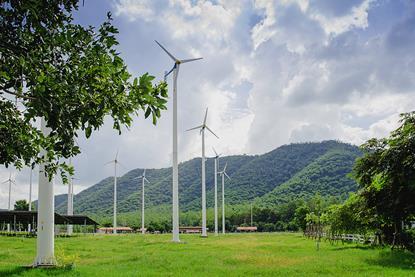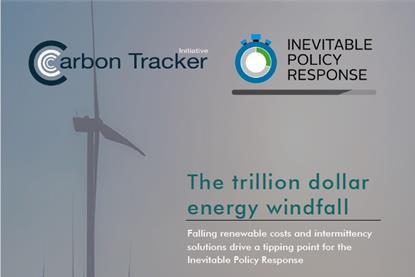Close menu
- Home
- About us
- Signatories
- News & events
-
Investment tools
- Back to parent navigation item
- Investment tools
- Introductory guides to responsible investment
- Principles to Practice
- Investment case database
- Stewardship
- Listed equity
- Fixed income
- Private markets
- Hedge funds
- Investing for nature: Resource hub
- Investing for climate: Resource hub
- Asset owner resources
-
Sustainability issues
- Back to parent navigation item
- Sustainability issues
-
Environmental, social and governance issues
- Back to parent navigation item
- Environmental, social and governance issues
- Environmental issues
-
Social issues
- Back to parent navigation item
- Social issues
- Social issues - case studies
- Social issues - podcasts
- Social issues - webinars
- Social issues - blogs
- Cobalt and the extractives industry
- Clothing and Apparel Supply Chain
- Human rights
- Human rights - case studies
- Modern slavery and labour rights
- Covid-19
- Just transition
- Governance issues
- Climate change
- Sustainability initiatives
- Sustainability outcomes
- Sustainable markets
- Research
- Policy
Inevitable Policy Response - Archive
A Below 2C Outcome? Possible - But 1.5 Deg? Not yet
2021-12-15T11:14:00+00:00
Pete Betts, Former Lead Negotiator on Climate for the EU and UK, and Senior Advisor to IPR reflects on the post Glasgow outlook
The inevitable forest finance response: investor opportunities
2020-06-11T09:00:00+01:00
Forest finance, historically dominated by public sector support, will increasingly be delivered by the private sector. Recent innovations in green finance make private sector participation in the forest sector possible, while the sheer scale of forest recovery required make that participation necessary.
Implications for strategic asset allocation
2019-12-09T08:48:00+00:00
New analysis in this report forecasts an abrupt and disruptive policy response to climate change which will cause re-pricing of many of the world’s most valuable companies by 2025.
Forecast Policy Scenario: macroeconomic results
2019-09-24T08:20:00+01:00
The Forecast Policy Scenario (FPS), introduced in this report, models the impact of the forecasted policies on the real economy up to 2050, tracing detailed effects on all emitting sectors, including changes to energy demand (oil, gas, coal), transport, food prices, crop yields, and rates of deforestation.
Business and investor public support for Climate Transition Policy: creating a mandate for action
2019-09-08T22:04:00+01:00
Business and investor support for action play an important part of “why” this policy response is likely to emerge over the next 6 years. These give an economic and market mandate to policy makers for action.
The trillion dollar energy windfall
2019-09-08T22:03:00+01:00
Falling renewable electricity costs play an important part of “why” a policy response is likely to occur. And the arrival at new tipping points within sectors and countries over the next decade informs “when” this response is likely to materialise.
- The PRI is an investor initiative in partnership with UNEP Finance Initiative and UN Global Compact.

- PRI Association, 1st Floor 20 Wood Street, London EC2V 7AF United Kingdom
- Company no: 7207947
- +44 (0)20 3714 3141
- [email protected]
-
PRI DISCLAIMER
This website and material herein is provided for information only. It is not intended to be investment, legal, tax or other advice, nor is it intended to be relied upon in making an investment or other decision. PRI Association is not responsible for any decision made or action taken based on information on this website. Visitors retain sole discretion over whether and how to use the information contained herein. PRI Association is not responsible for and does not endorse third parties featured on this website or any third party content, websites, or other resources that may be included or referenced herein. Unless otherwise stated, content does not necessarily represent the views of signatories to the Principles for Responsible Investment. All information is provided “as-is” with no guarantee of completeness, accuracy or timeliness, or of the results obtained from the use of this information, and without warranty of any kind, expressed or implied. PRI Association is committed to compliance with all applicable laws. Copyright © PRI Association 2025. All rights reserved. This content may not be reproduced, or used for any other purpose, without the prior written consent of PRI Association.
Site powered by Webvision Cloud







